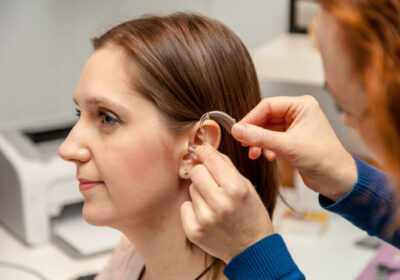
How Does Medical Evidence Impact Your Social Security Disability Claim?
Whether you deserve social security disability benefits greatly depends on the medical evidence you present them with. It is critical to understand how one can gather and maintain this evidence. Most people believe that their extensive medical records will help them get benefits easily. However, certain potential pitfalls and challenges can come in the way.
The Social Security Administration does not deem every type of medical evidence important. Even if you have been dealing with a serious condition for years but do not have evidence that matches their standards, you would not qualify for the benefits. If you are seeking the benefits, consult with an attorney from The Law Office of Nancy L. Cavey first.
How is medical evidence important in your social security disability claim?
The Social Security Administration determines whether one is deserving of the benefits depending on their health condition and their ability to work. Therefore, medical evidence plays an essential role in proving that you have a serious medical condition that prevents you from working or having a certain amount of income.
In brief, your income must not be over the SSA’s designated limit, which may change from time to time. It is essential to speak to an attorney to find out what the limit is.
Another vital consideration to make is checking the SSA’s Blue Book, which contains the list of health conditions or illnesses that qualify for the benefits. However, remember that just because your condition may be listed in the Blue Book, that alone does not guarantee benefits for you.
What kind of medical records do you need?
The Social Security Administration advises having enough medical evidence on your claim, as it is the cornerstone of having your benefits approved. A simple statement from your doctor, no matter how qualified, experienced, or reputable they may be, is not enough.
Common types of evidence that the SSA looks for include the following:
- Medical records from your doctor over the years talk about your condition and how it has progressed.
- Statements and records from other medical experts
- Records of ER visits and hospitalizations
- Medical examinations and test results, such as CT scans, X-rays, blood tests, etc.
- A list of all medications you are currently taking and those you have taken over the years
- Records from physical therapists and rehabilitation programs, if any
- Documented proof of you talking or consulting with social workers or mental health providers to improve your condition.
If you are planning on filing for your SSD benefits, it is important to know what is in your medical records. Request a copy today. A Social Security disability attorney can help.















